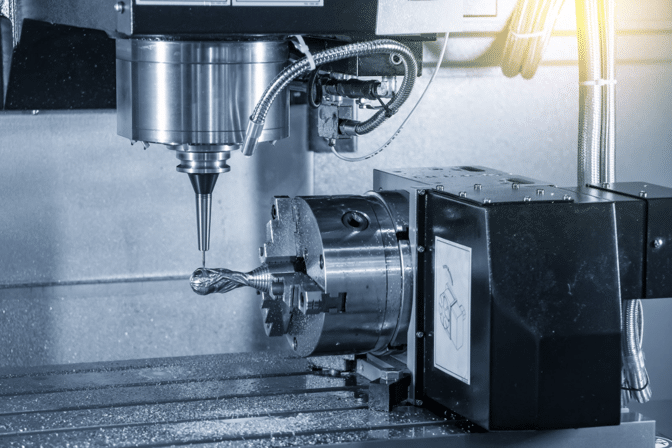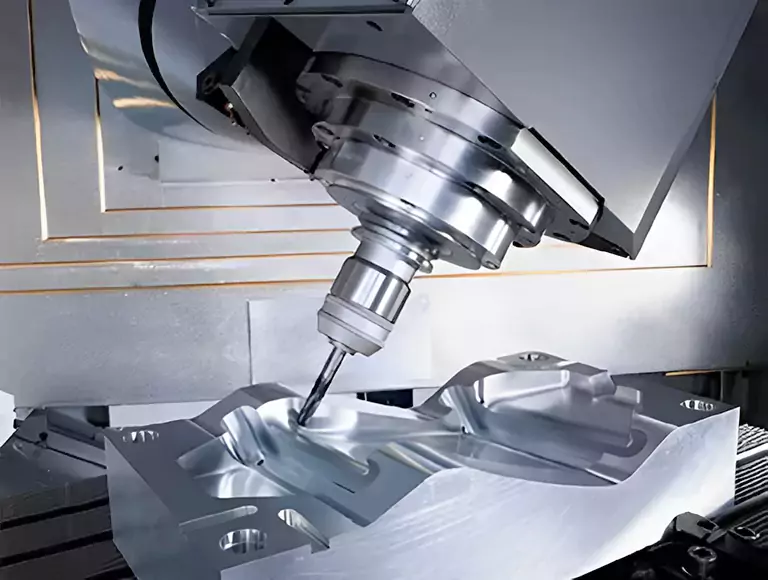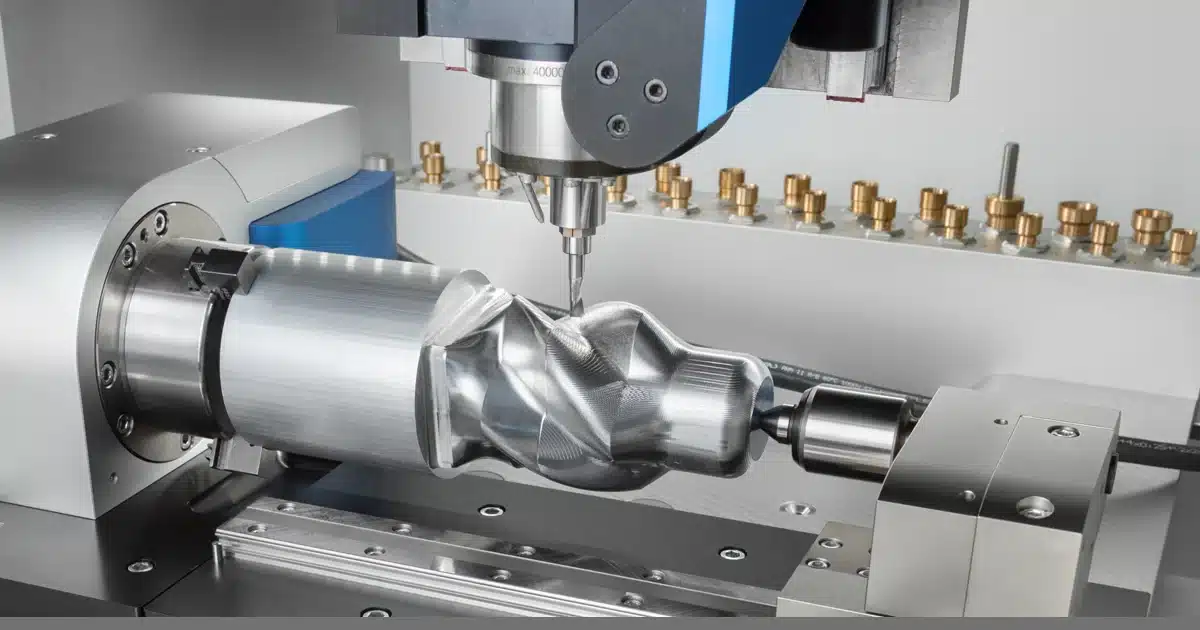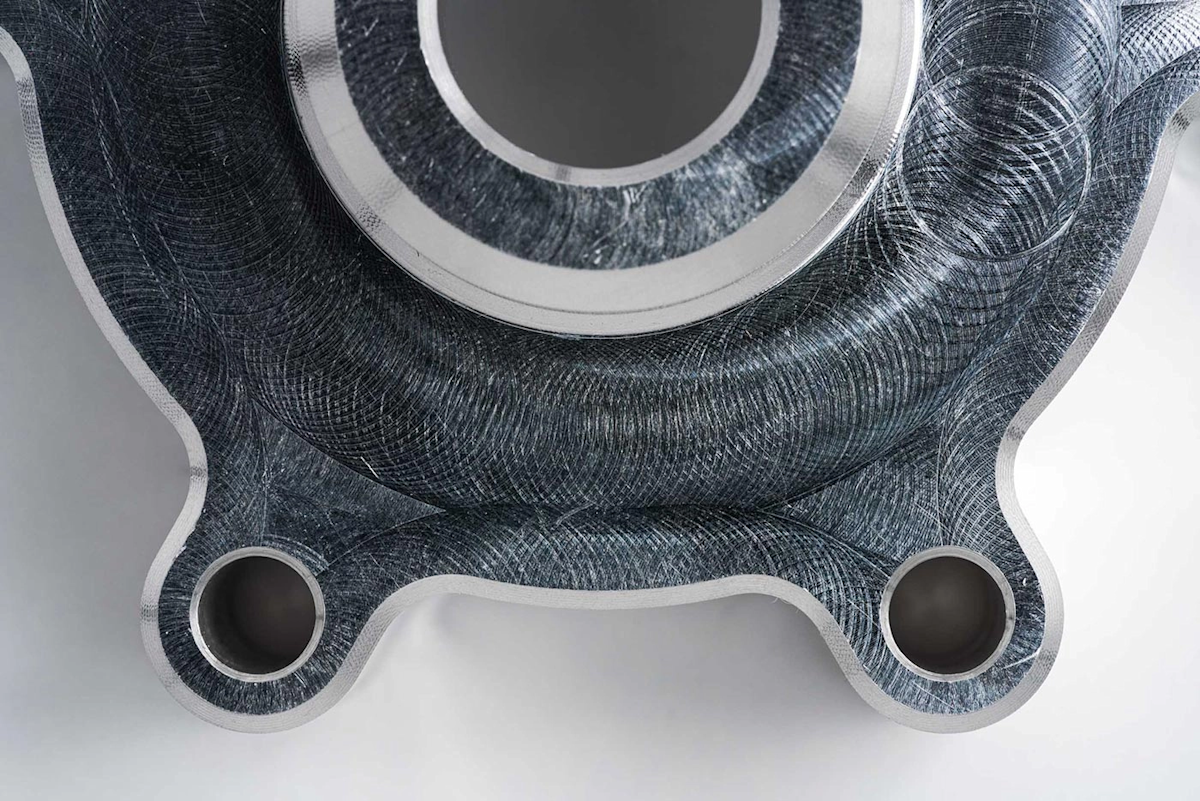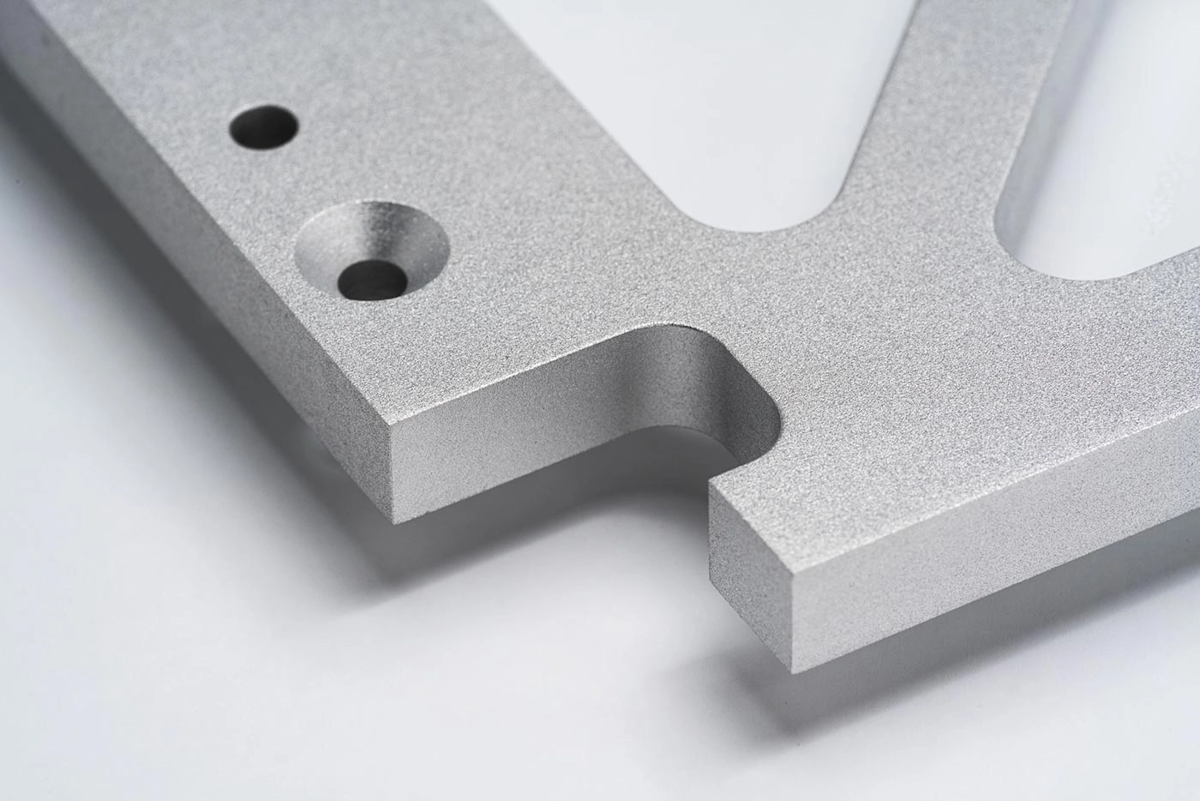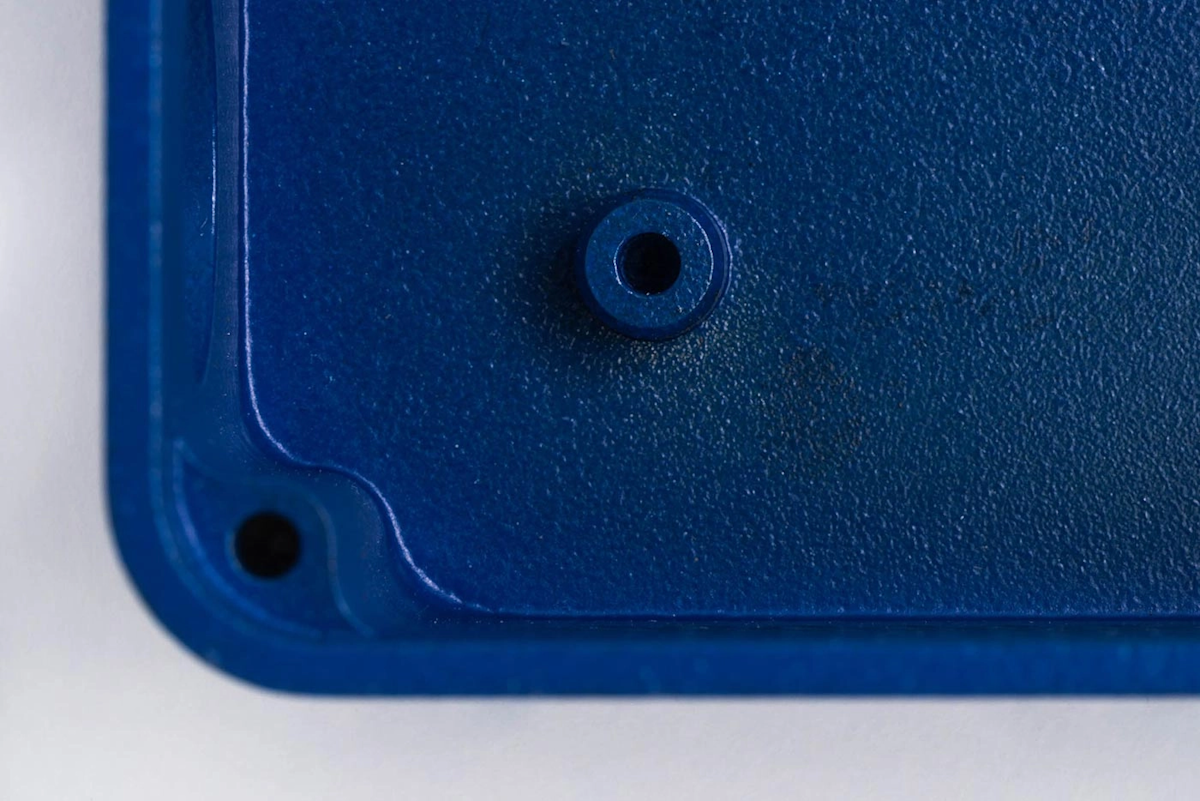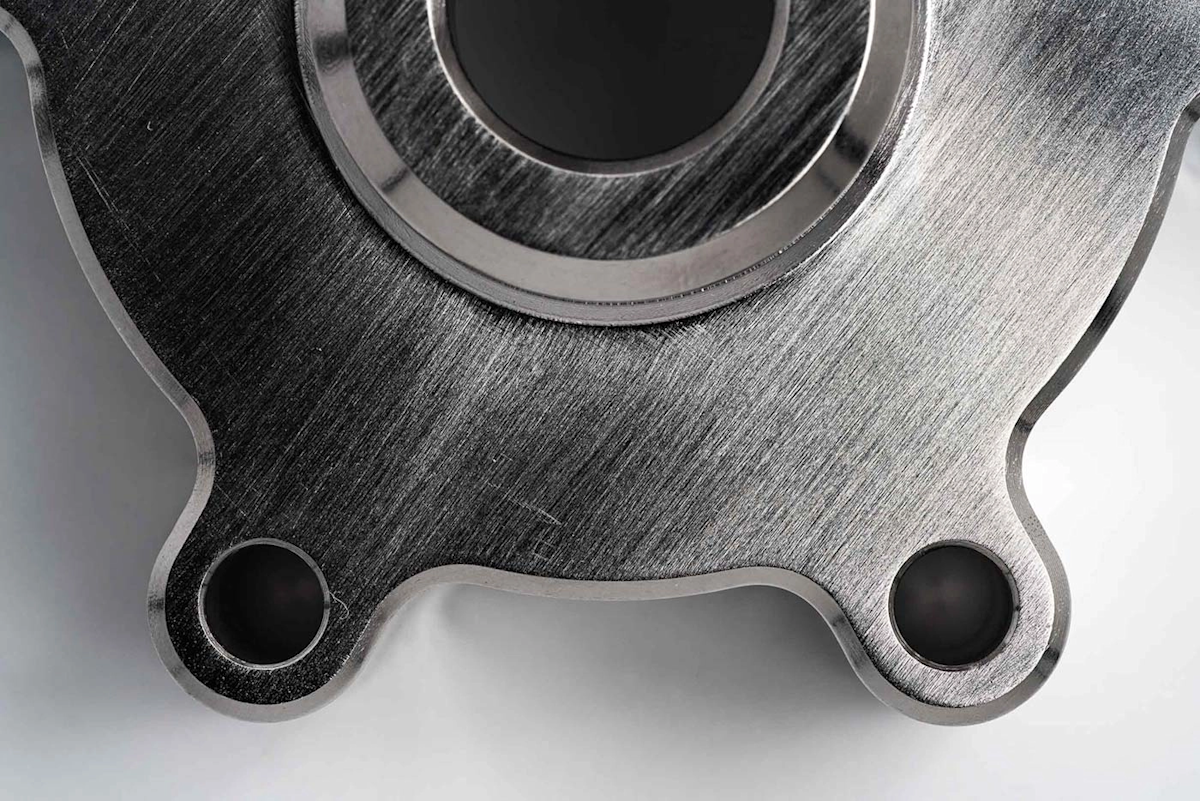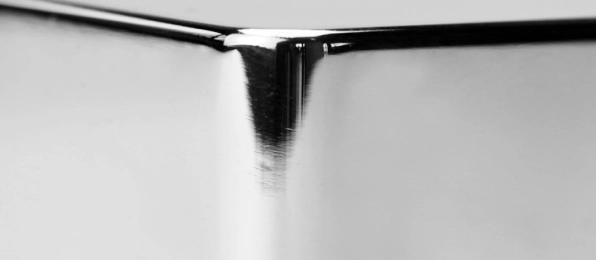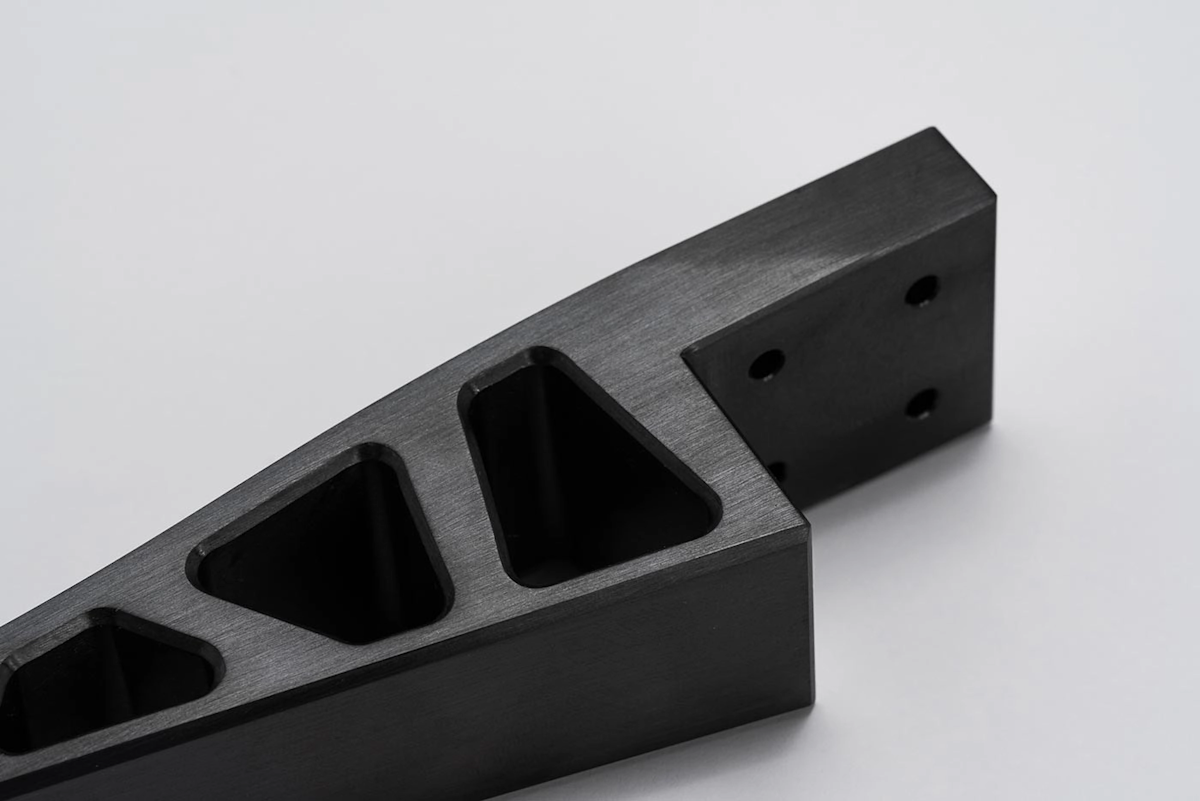Sheet metal fabrication combines time-tested craftsmanship with cutting-edge technology, using a variety of specialized techniques to transform flat metal sheets into precise, functional, and durable components for industries worldwide.
القطع بالليزر
Laser cutting uses a high-powered, focused beam to slice through metal sheets with extreme precision. It’s ideal for complex shapes and delivers clean, burr-free edges. Modern systems can achieve tolerances as tight as ±0.1 mm, making it a go-to for high-accuracy parts.
CNC Punching
CNC punching employs a programmable turret press to punch holes, slots, or shapes into sheet metal at high speeds. It’s cost-effective for repetitive patterns and mass production. Capable of up to hundreds of hits per minute, it balances speed with consistent quality.
Press Brake Bending
This technique uses a press brake machine to bend metal sheets into desired angles and shapes. With CNC controls, it can produce precise bends for parts like brackets, enclosures, and structural components. It’s essential for shaping flat sheets into functional forms.
Deep Drawing
Deep drawing forms metal sheets into hollow or contoured shapes by stretching them into a die. It’s perfect for producing items like automotive panels, kitchen sinks, and metal casings. The process offers high strength and durability due to minimal seams.
MIG and TIG Welding
These welding methods join fabricated parts into final assemblies. MIG welding is faster and suited for thicker materials, while TIG welding produces cleaner, more precise joints for thinner or aesthetic applications. Both ensure structural integrity in finished products.
What Are The Advantages and Limitations of Sheet Metal Fabrication?
Sheet metal fabrication offers clear benefits but also comes with certain challenges that businesses should consider before starting a project.
Advantages of Sheet Metal Fabrication
High Strength and Durability
Sheet metal components are known for their excellent mechanical strength and ability to withstand heavy loads, high temperatures, and harsh environments.
Precision and Consistency
Modern fabrication methods like CNC cutting and bending achieve tolerances as tight as ±0.1 mm, ensuring repeatable, high-quality results.
Cost-Effective for High Volumes
Once tooling is set up, large production runs become highly economical due to fast cycle times and material efficiency.
Design Flexibility
A wide range of metals and processes allow for complex geometries, custom finishes, and tailored properties to match project needs.
Limitations of Sheet Metal Fabrication
High Initial Tooling Costs
Processes like stamping and deep drawing require expensive tooling, making them less economical for very low-volume production.
Material Thickness Restrictions
Some techniques are best suited for thin to medium gauge metals; very thick sheets require specialized machinery or alternative processes.
Risk of Deformation
Excessive bending, welding heat, or poor handling can lead to warping or dimensional inaccuracies.
Surface Finish Challenges
Cutting, punching, and welding may leave marks or burrs that require secondary finishing steps, increasing lead time and cost.



